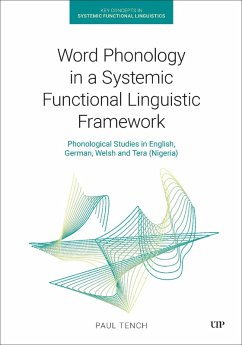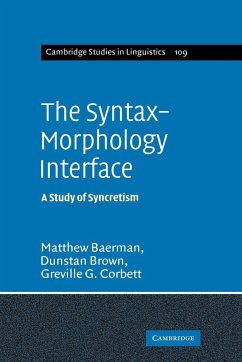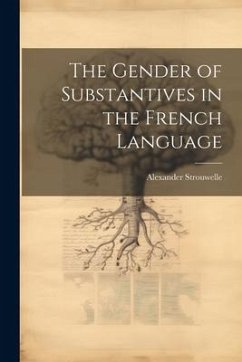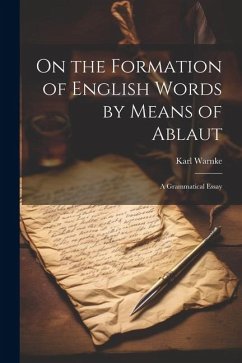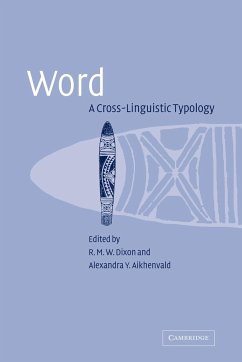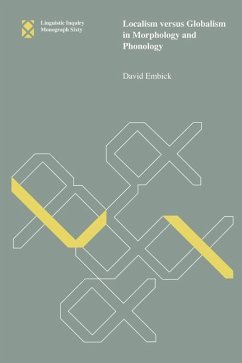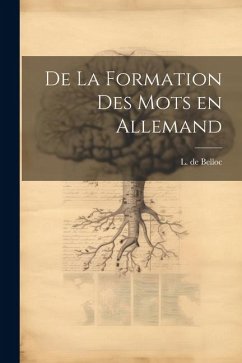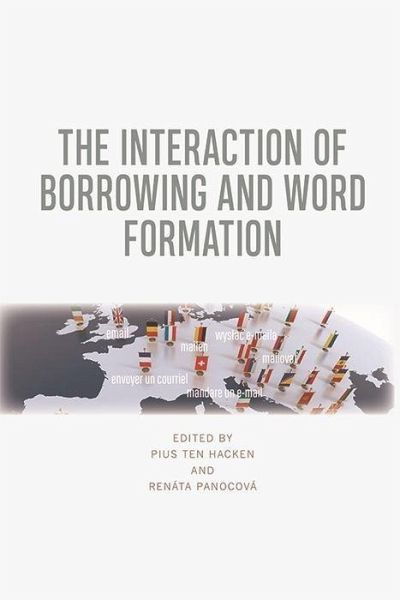
The Interaction of Borrowing and Word Formation
Versandkostenfrei!
Versandfertig in über 4 Wochen
36,99 €
inkl. MwSt.

PAYBACK Punkte
18 °P sammeln!
Explores how borrowing and word formation are used together and in competition for naming new concepts in language contact situations Drawing on detailed case studies across a range of languages, including English, German, Dutch, Italian, Portuguese, Polish, Czech, Russian, Lithuanian and Greek, this book examines the different factors that determine the outcome of the interaction between borrowing and word formation. Historically, borrowing has largely been studied from etymological and lexicographical perspectives and word formation has been included in morphology. However, this book focuses...
Explores how borrowing and word formation are used together and in competition for naming new concepts in language contact situations Drawing on detailed case studies across a range of languages, including English, German, Dutch, Italian, Portuguese, Polish, Czech, Russian, Lithuanian and Greek, this book examines the different factors that determine the outcome of the interaction between borrowing and word formation. Historically, borrowing has largely been studied from etymological and lexicographical perspectives and word formation has been included in morphology. However, this book focuses on their mutual influence and interaction. Bringing together a range of contributors, this volume illustrates how borrowing and word formation are in competition as alternative naming processes, while also showing how they can influence each other. The case studies are framed by an introduction that describes the general background and a conclusion that summarises the main findings. Key Features - Includes case studies from a wide range of European languages, including English, German, Dutch, Italian, Portuguese, Polish, Czech, Russian, Lithuanian and Greek - Draws on data from dialects and minority and heritage languages, demonstrating specific perspectives on borrowing in contrast to word formation - Examines historical data from medieval and early modern periods as well as contemporary languages - Formulates generalisations over the case studies in a concluding chapter Pius ten Hacken is Professor and Chair in the Department of Translation Studies at Leopold-Franzens-Universität Innsbruck. Renáta Panocová is Associate Professor in the Department of British and American Studies at Pavel Jozef Safárik University in Kosice, Slovakia.





